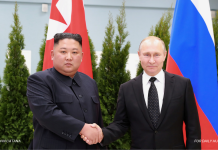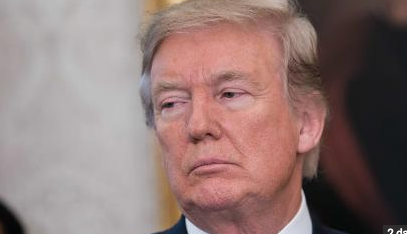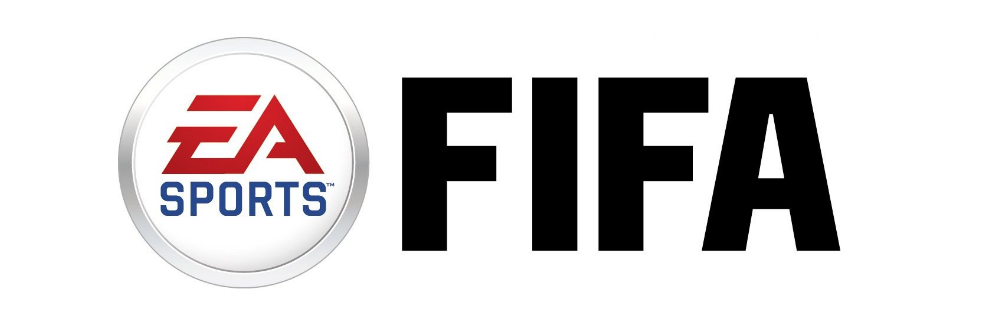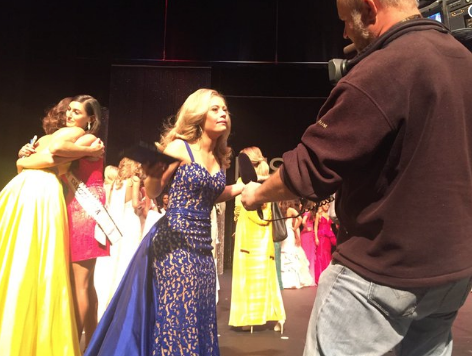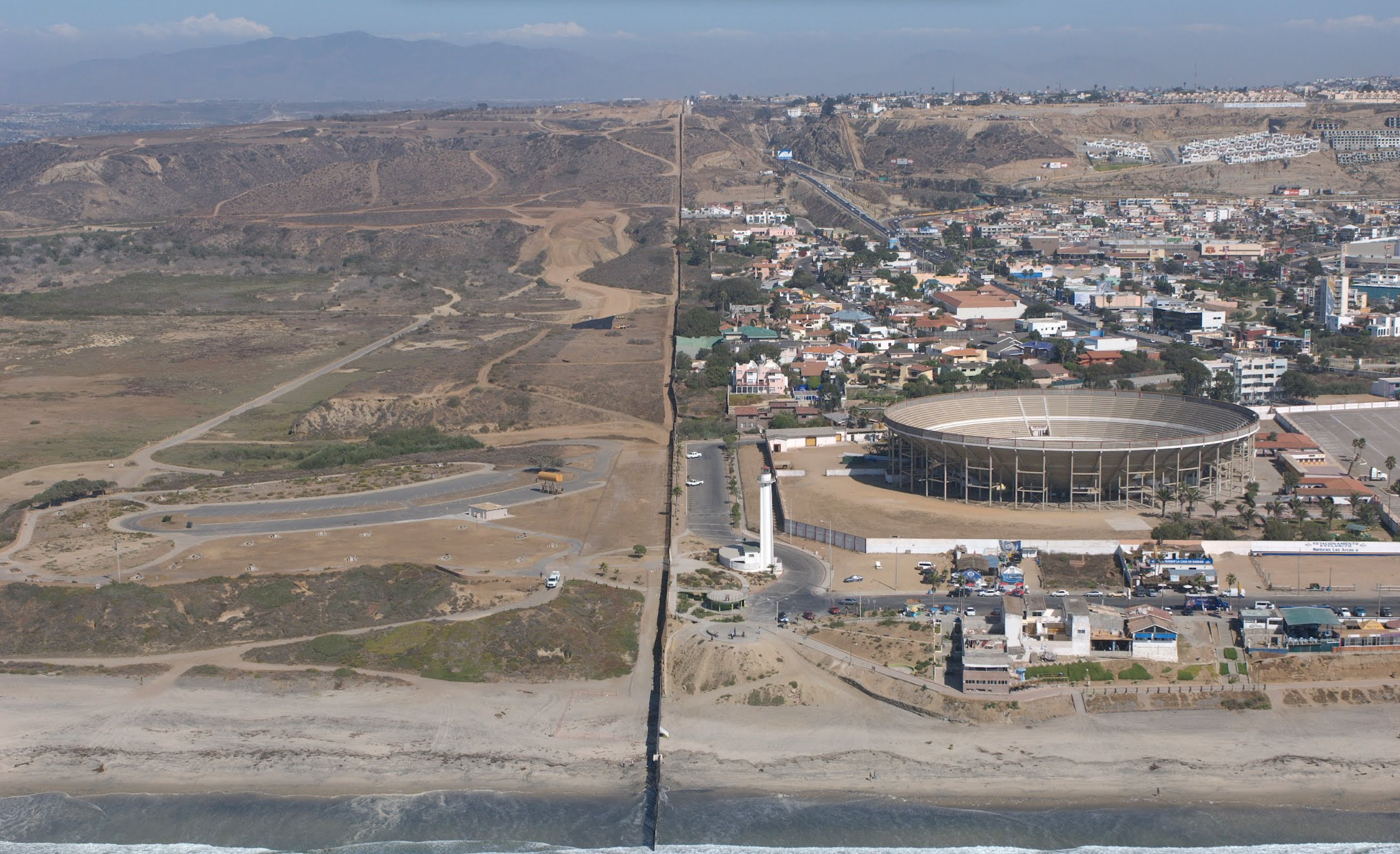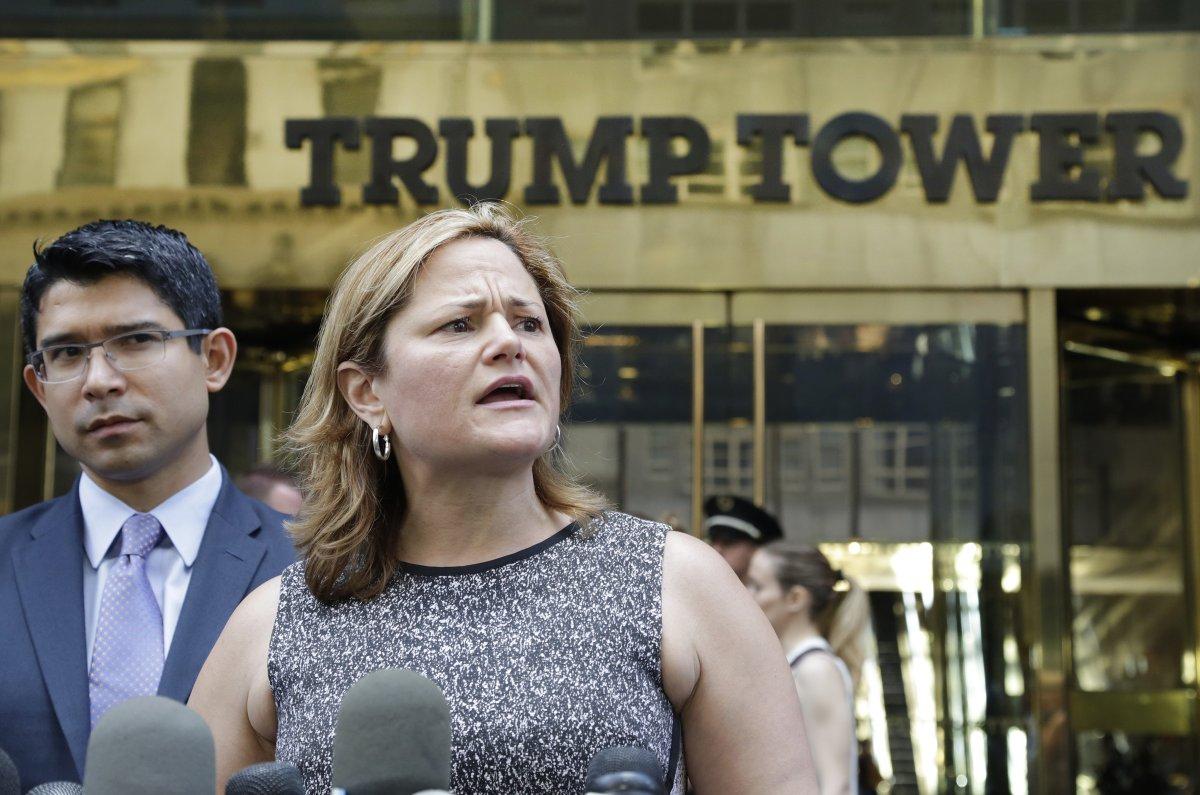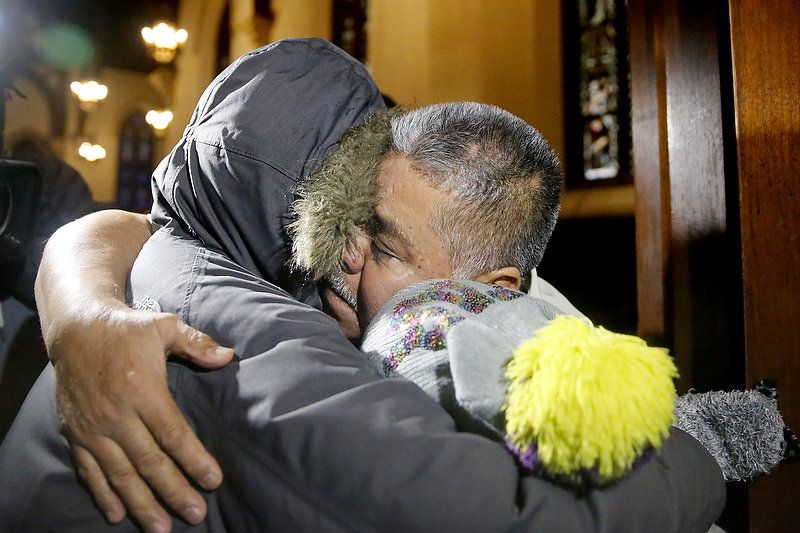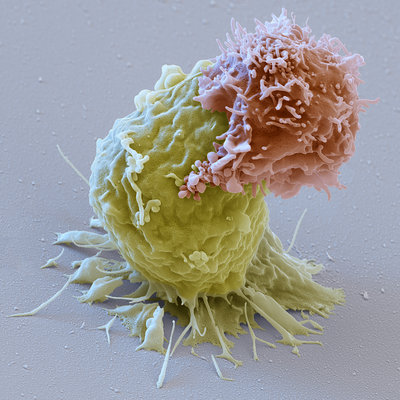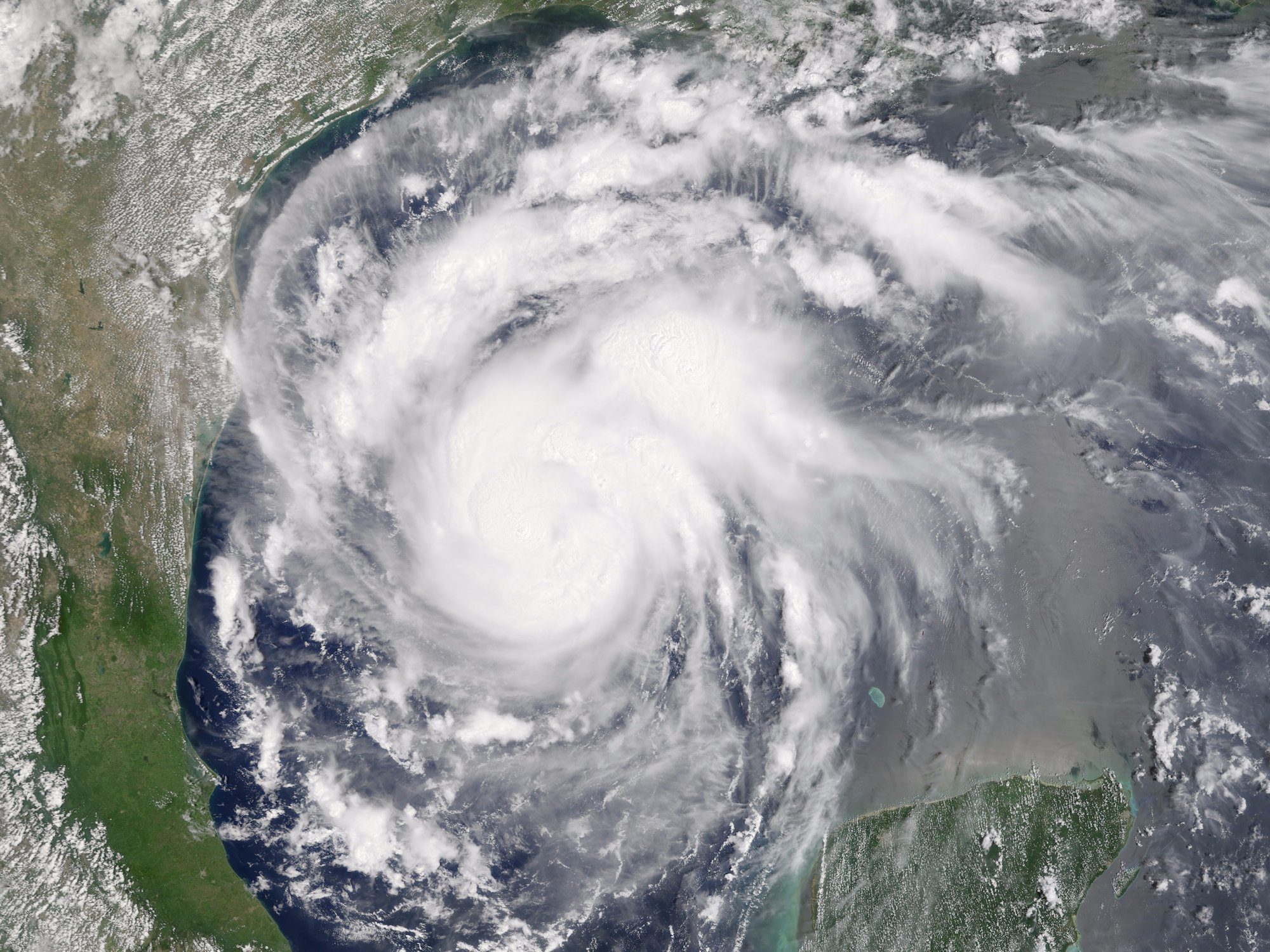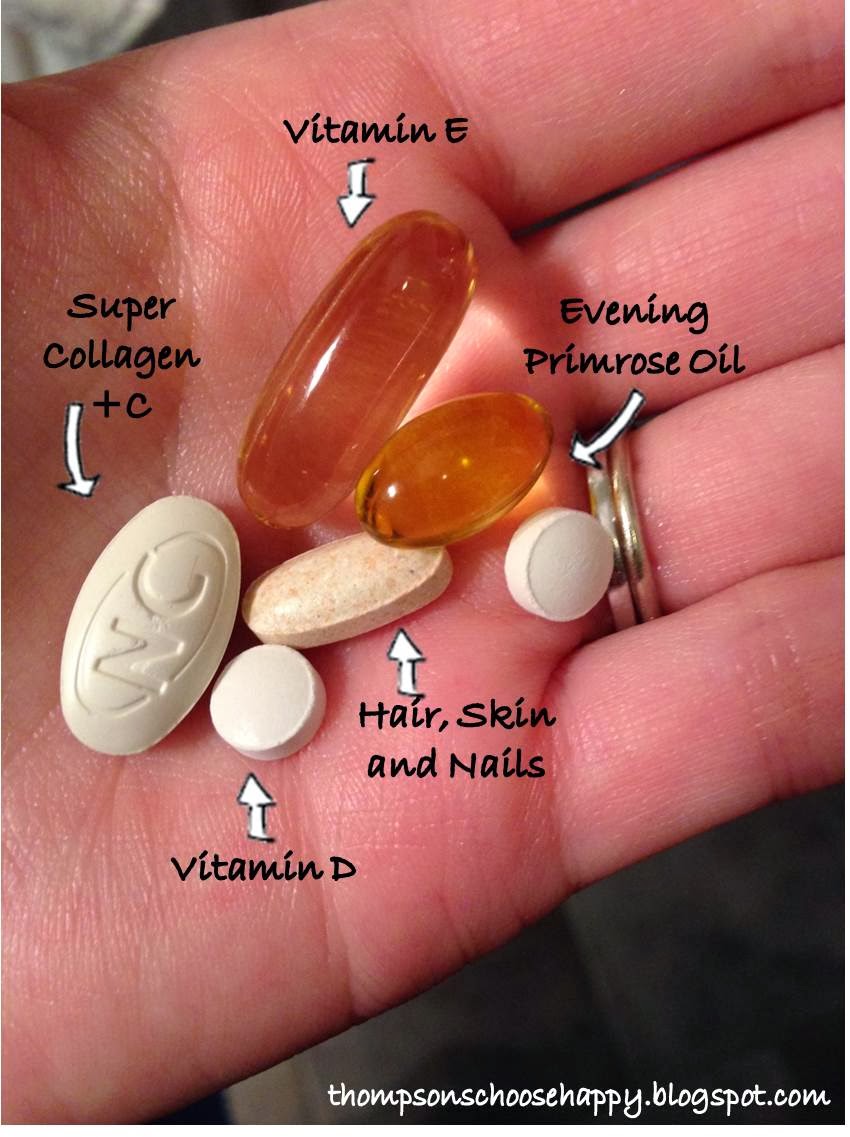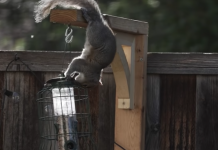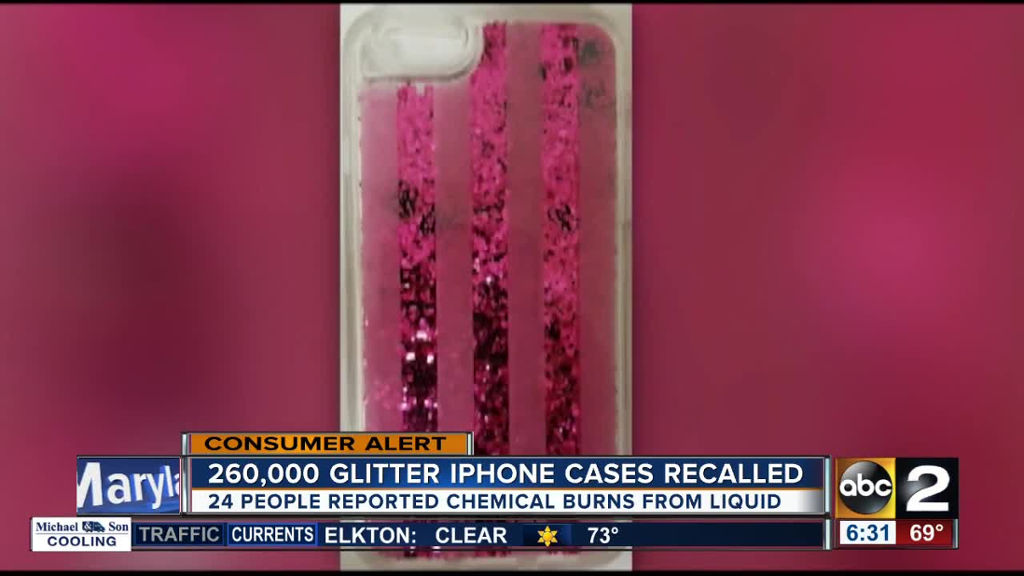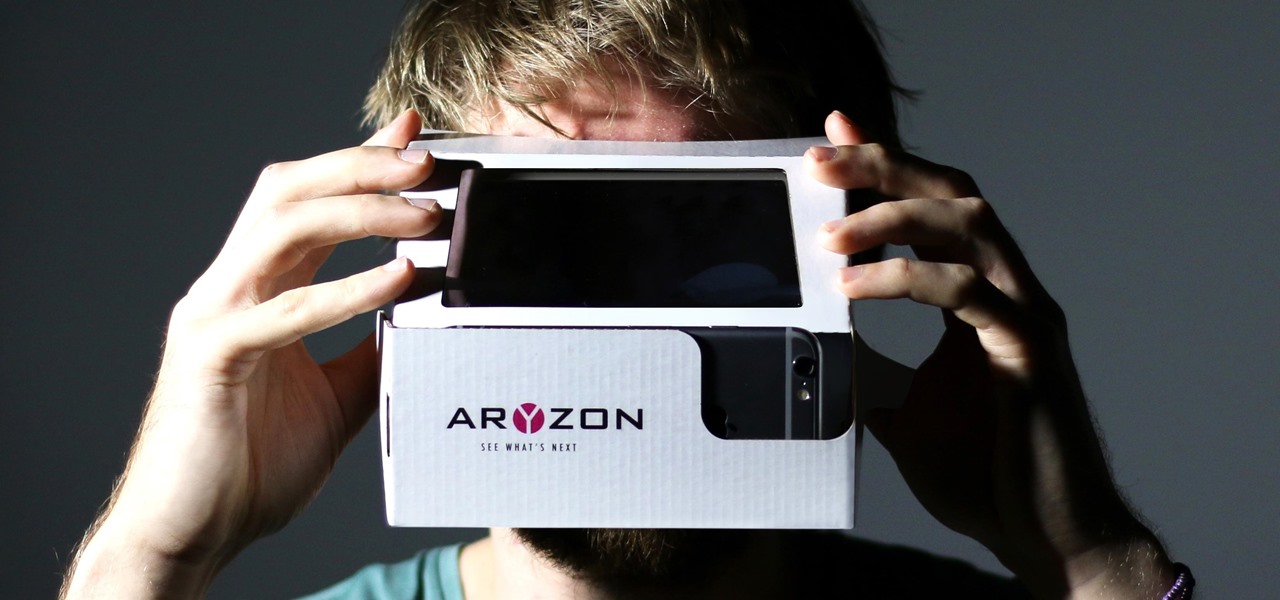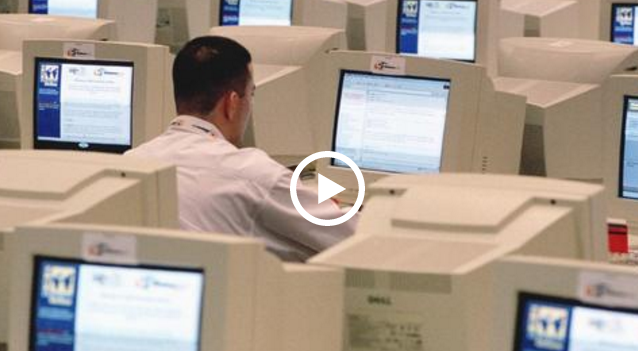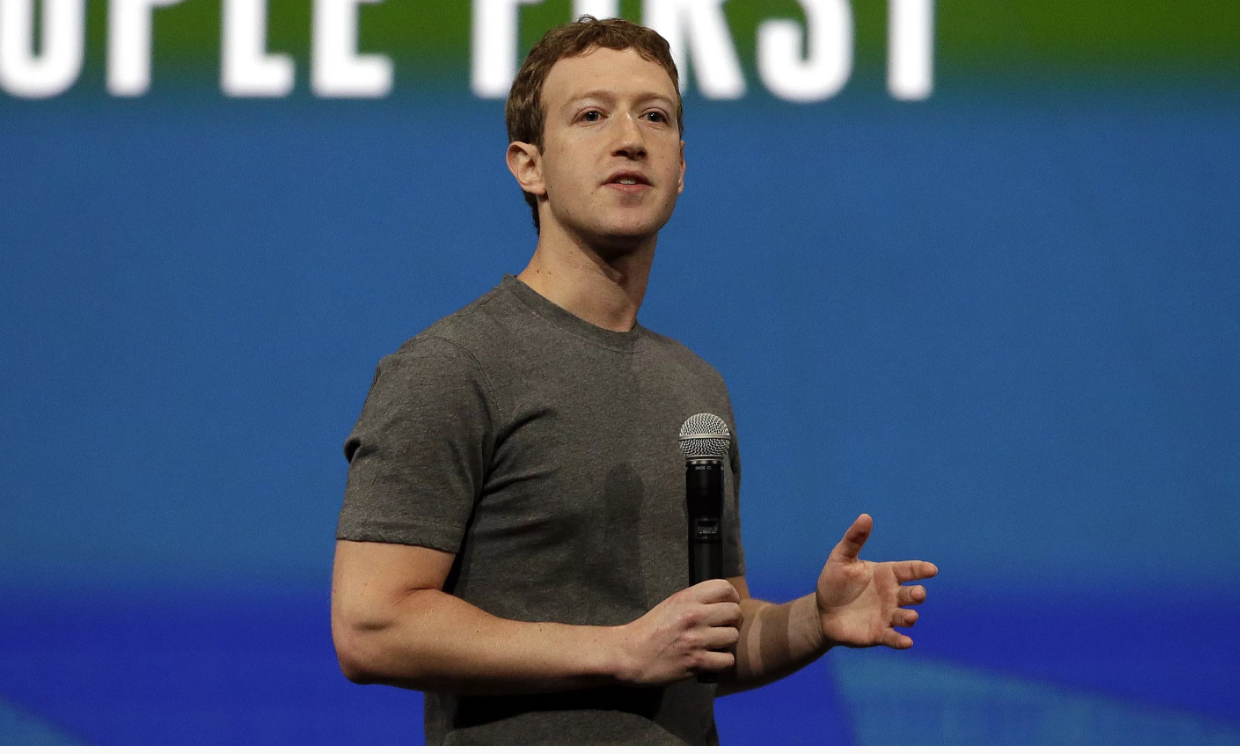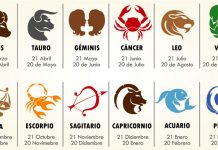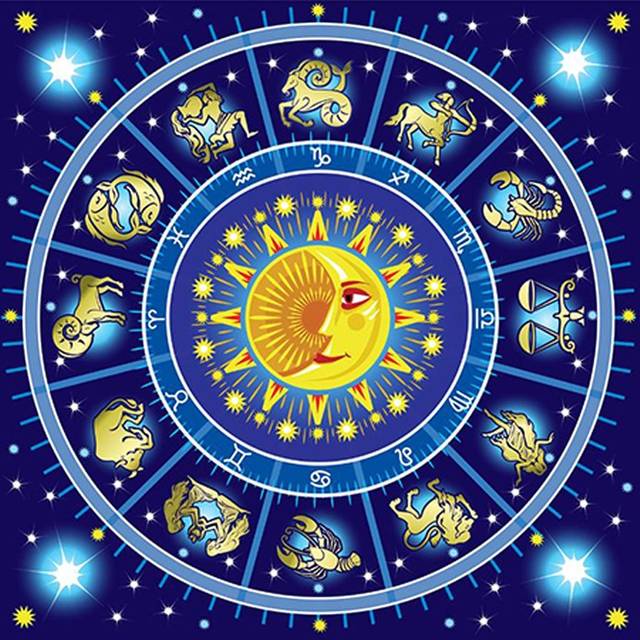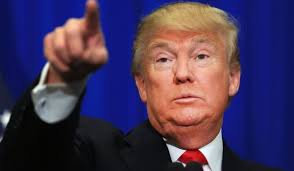Excerpt from Washington Post
Of all the reasons Hillary Clinton thinks she lost the 2016 election to President Trump, the least among them was the state of the Democratic National Committee. That it was a mess long before she became a candidate was well known. That she did nothing about it sooner was her own mistake. But had she done so, it probably would have made no difference in the outcome.
Clinton appeared in public Wednesday at a conference sponsored by Recode, where she was interviewed at length by Kara Swisher and Walt Mossberg. Her bottom line about 2016 was summed up with this comment: “I take responsibility for every decision I made, but that’s not why I lost.”
Her main takeaway was that she lost in large part because of Russian interference, hacking and meddling, because of possible collusion by Trump campaign associates (she walked right to the edge of the line in directly accusing Trump of having been an active colluder) and because of conditions beyond her control (for example, that letter from James B. Comey that brought her email issue back to center stage in the final week of the campaign).
Based on the discussion with Swisher and Mossberg, she has spent many hours deep in the weeds of the 2016 campaign, analyzing data from a variety of sources and replaying events so that now, nearly seven months later, it is as if all this happened yesterday. She is fluent in the vernacular of how the Russians interfered, tossing out comments about “bots that are just out of control” and the proliferation of fake news through social media as she long has done with details of health care or Third World microlending practices.
Her complaints about the Russians are understandable, and the multiple investigations swirling around the president, his campaign and his White House are testament to the importance of a full unearthing of what happened and whether the Trump team or people close to the campaign were active or passive players in the drama. Whether they will ultimately prove the primary cause of Clinton’s defeat is a different question.
Clinton has made up her mind about one basic question. She believes the Russians had help. The Russians could not have known how to weaponize information to have maximum impact on the election unless they were “guided by Americans and guided by people who had polling and data information.” That conclusion, she said, was “based on the intel and counterintel people I’ve talked to.”
One example she cited was the timing of leaks of campaign chairman John Podesta’s emails by WikiLeaks just hours after the infamous “Access Hollywood” video was made public in early October. She called the contents of those emails “anodyne” and typical of the internal communication in a hard-fought campaign. Nonetheless, the emails generated a stream of stories that campaign aides at the time described as a troubling “drip, drip, drip” of distractions.
DNC as a sore spot that caught many Democrats by surprise and that, in the hours since her appearance, has generated lots of private comment and commentary by erstwhile Clinton allies, who cannot understand why she decided to make a public fight out of this.


